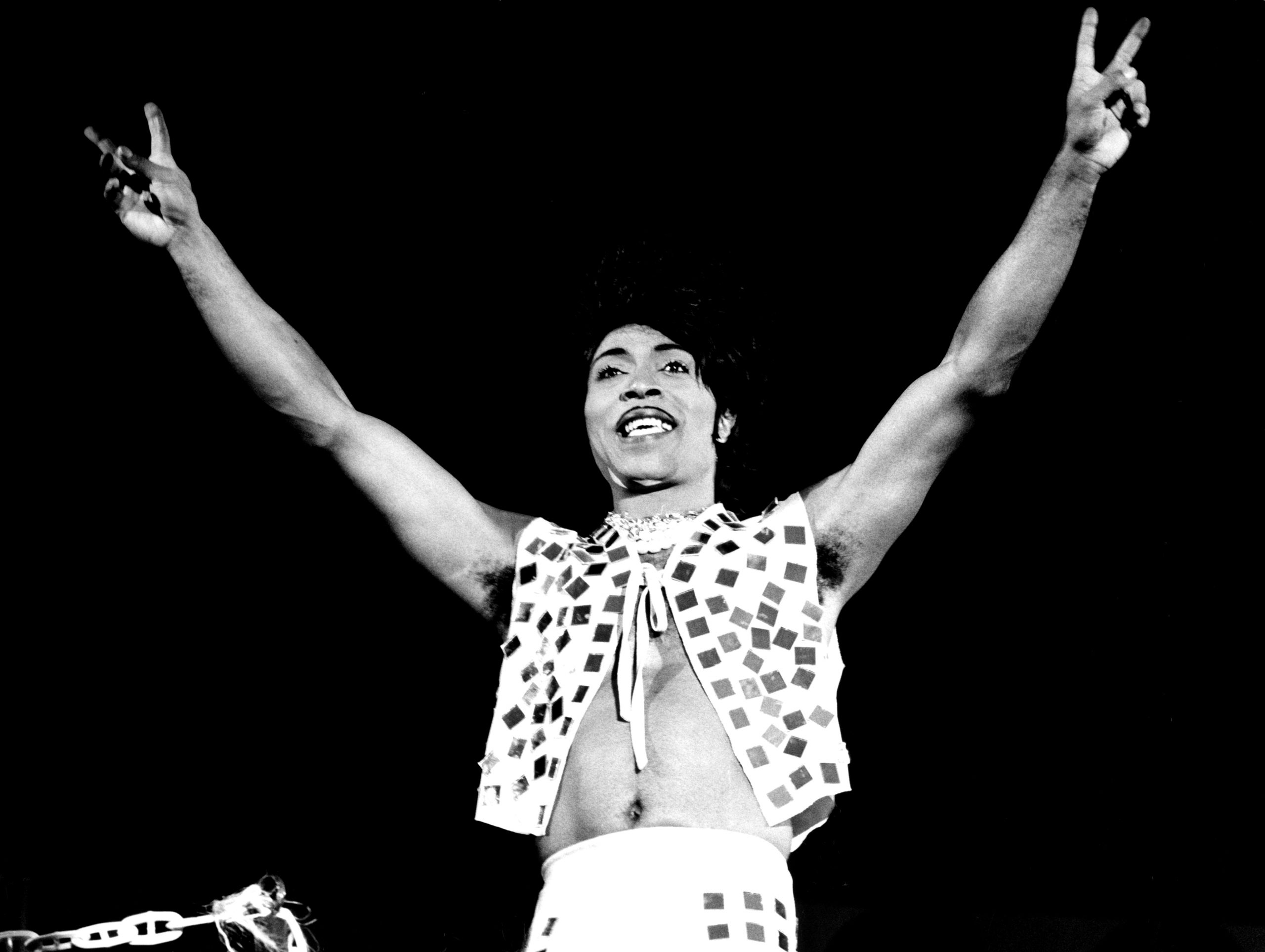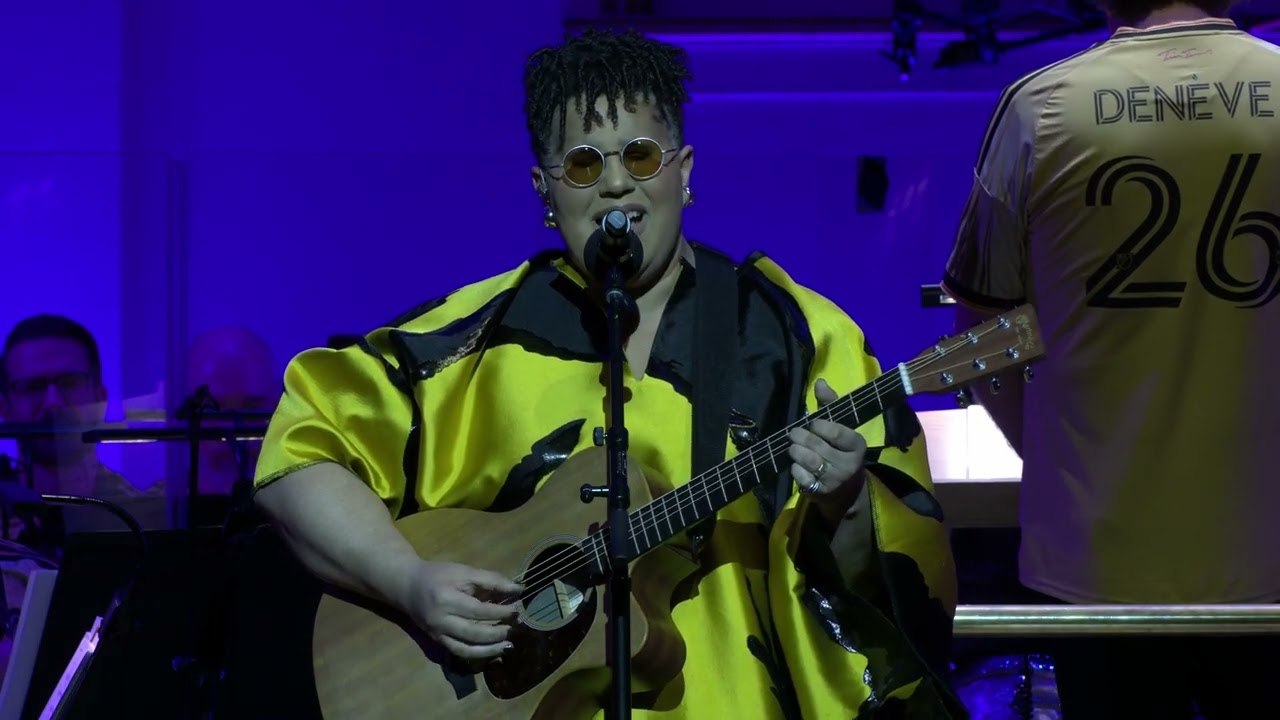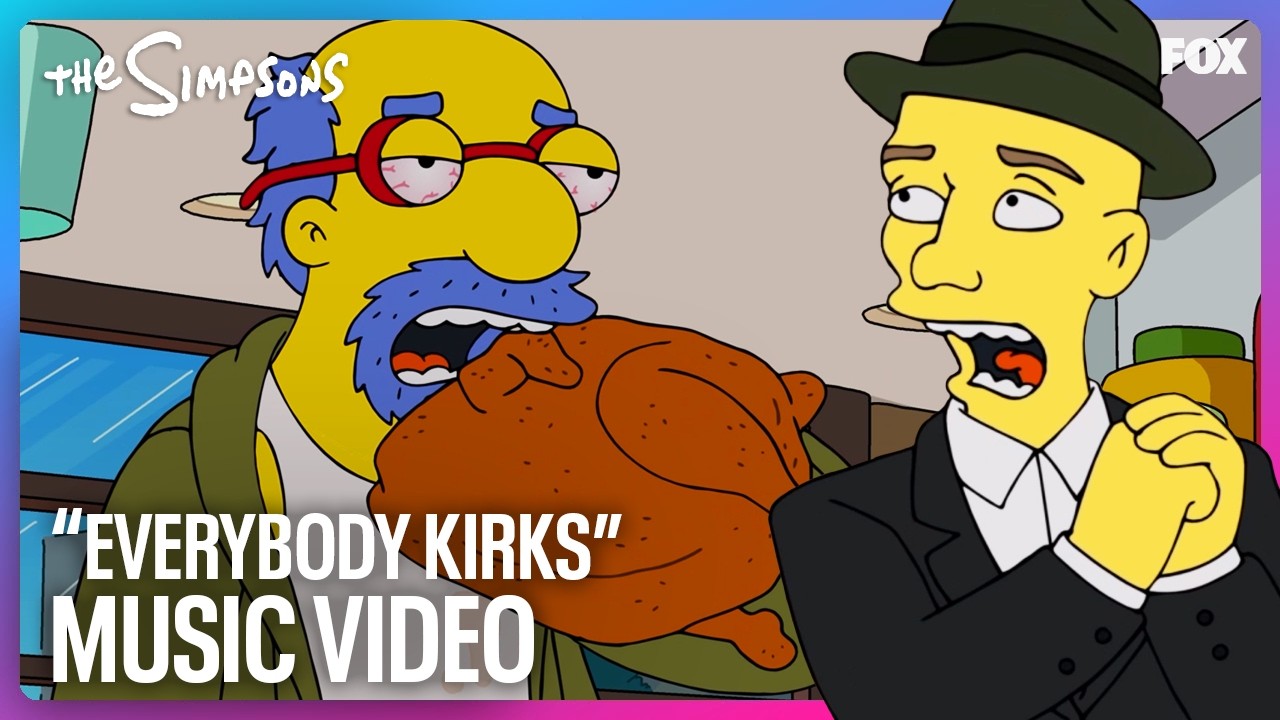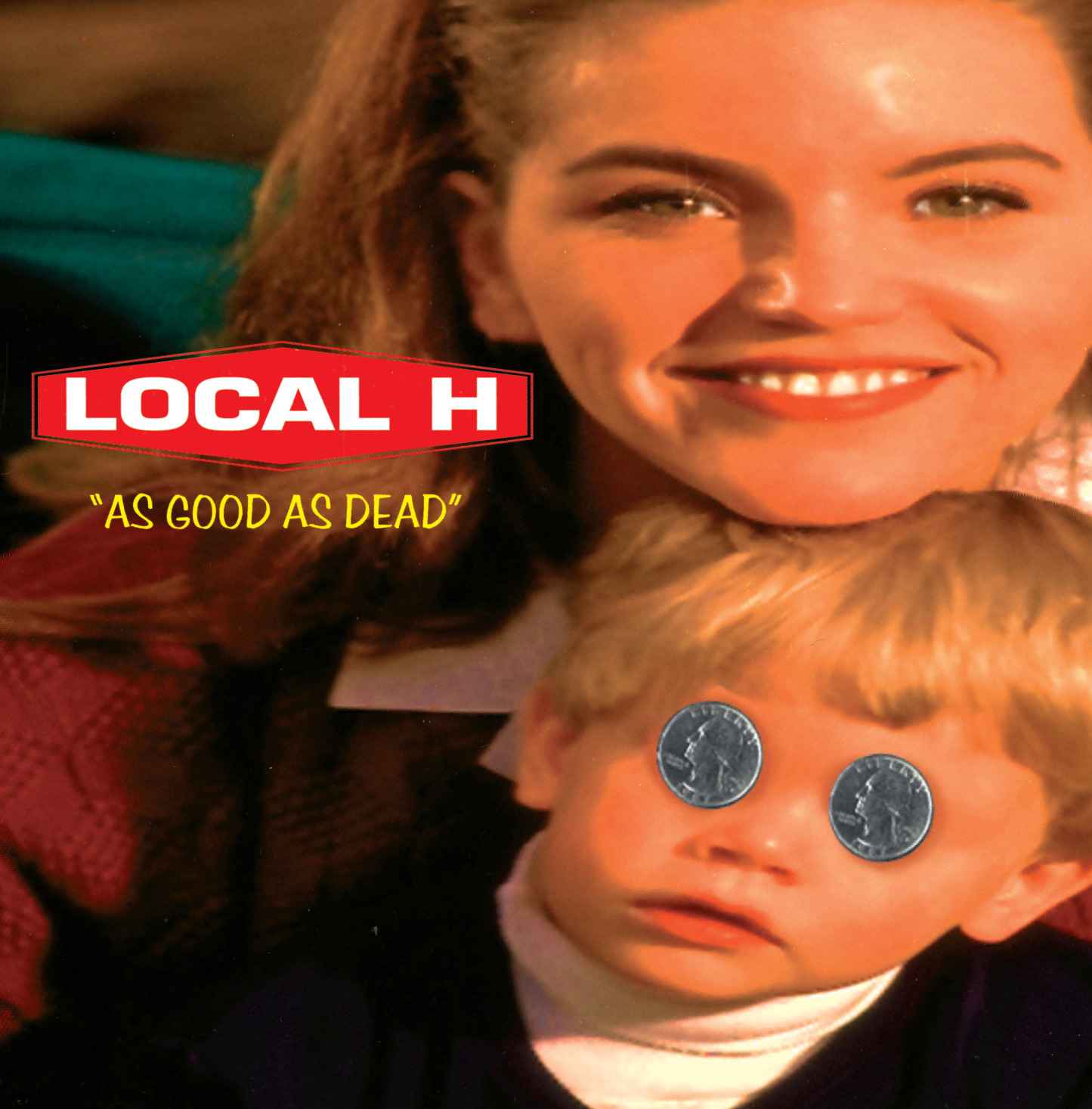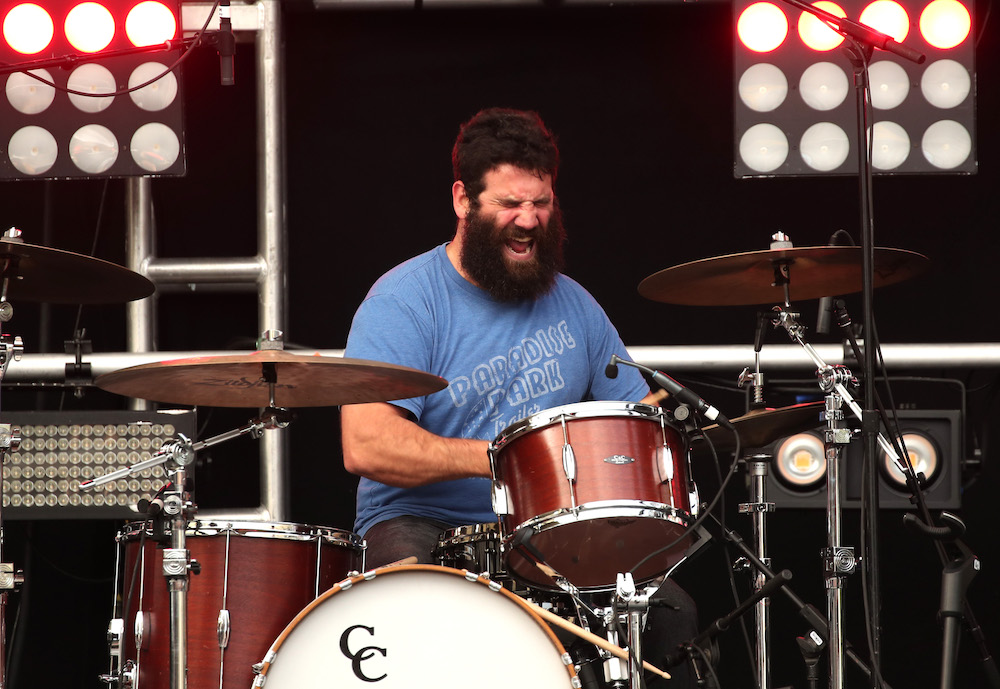Little Richard, one of the founding fathers of rock and roll and one of the most iconically flamboyant performers and entertainers of all time, has passed away. His son, Danny Penniman, confirmed the news to Rolling Stone today. According to his lawyer, the cause of death was bone cancer. He was 87.
Little Richard was born Richard Wayne Penniman in Macon, Georgia in 1932, one of 12 children. His father, Bud, was a church deacon who sold bootlegged moonshine on the side. Inspired by gospel singers like Sister Rosetta Tharpe, Richard left home in his early teens to perform with traveling medicine and minstrel shows, often in drag.
Richard settled in Atlanta, where he began frequenting R&B clubs and met musicians like Esquerita and Billy Wright, incorporating elements of their flashy style and high-energy showmanship into his own. Although he managed to secure several recording contracts, all of his songs failed to chart, and after his father was murdered, he moved back to Macon to work as a dishwasher at a Greyhound bus station.
In 1955, Little Richard sent a demo to Specialty Records in 1955 and was signed by Art Rupe. During a break from an unproductive session, he started singing an obscene song he called "Tutti Frutti," and after Rupe hired another songwriter to clean up some of the more sexually explicit lyrics, "Tutti Frutti" was recorded and released. It was an instant hit.
After releasing a string of hits and traveling the world to perform, Little Richard experienced a religious conversion and walked away from the rock and roll world to sing gospel. But he returned to secular music in the 1960s, and in 1986, he became one of the first artists to be inducted into the Rock And Roll Hall Of Fame.
Richard's hard-charging piano playing and shouted vocals influenced generations of rock and roll musicians to come. The Beatles, the Rolling Stones, James Brown, Otis Redding, Jimi Hendrix, and David Bowie all cited him as an influence. And with his ambiguous sexuality and flamboyant style, he became one of the first mainstream musicians to play around with gender roles and presentation. He was a force.
